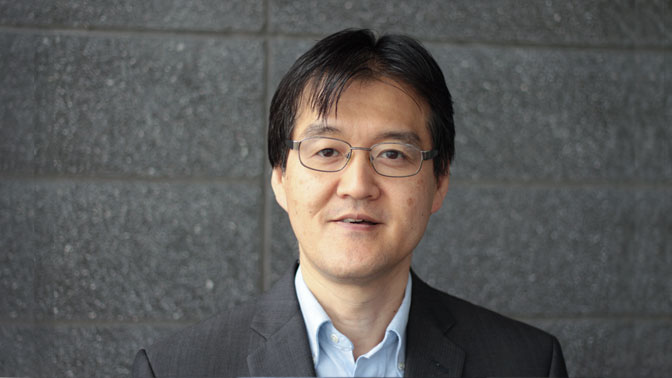
Our thoughts and actions—no matter how simple—are underpinned by a complex network of chemical traffic in our brain. This traffic consists of chemical messages that are exchanged between brain cells, a process that enables thousands of cells in the brain to communicate and share information with each other.
Although this ‘chemical communication’ is crucial for brain function, we know relatively little about the machinery responsible for sending and receiving these messages.
Recently, Dr. Shuzo Sugita, a Senior Scientist at the Krembil Research Institute, found that the protein syntaxin 4 is important for the exchange of chemical messages in the hippocampus, a part of the brain that helps us store long-term memories and keep track of the location of objects in space.
Using a variety of experimental models, Dr. Sugita and his team showed that the loss of syntaxin 4 disrupted the communication between brain cells within the hippocampus. This in turn impaired learning—a process that involves storing and retrieving memories.
Upon closer examination, the researchers discovered why syntaxin 4 is important for communication and learning: the protein helps to add sensors that receive chemical messages to the surface of brain cells. Moreover, when a lot of information needs to be communicated from one cell to another, syntaxin 4 recruits more chemical sensors to the surface of the receiving cell to help it capture the extra incoming messages.
“It’s like adding more lanes to the road during rush-hour traffic,” explains Dr. Na-Ryum Bin, who led the study with Dr. Sugita.
These findings show that syntaxin 4 is important for learning because it is involved in the receipt of chemical messages in brain cells within the hippocampus.
Of his work, Dr. Sugita says, “It takes us one step closer to understanding what happens in the hippocampus when we learn and remember. The eventual goal is to design personalized medicine to help restore these functions when they are lost.”
This work was supported by the Natural Sciences and Engineering Research Council of Canada, the Heart and Stroke Foundation of Ontario, the Canadian Institutes of Health Research and the Toronto General & Western Hospital Foundation.
Bin N-R, Ma K, Harada H, Tien C-W, Bergin F, Sugita K, Luyben TT, Narimatsu M, Jia Z, Wrana JL, Monnier PP, Zhang L, Okamoto K, Sugita S. Crucial role of postsynaptic syntaxin 4 in mediating basal neurotransmission and synaptic plasticity in hippocampal CA1 Neurons. Cell Rep. 2018 June 5. doi: doi.org/10.1016/j.celrep.2018.05.026.

Dr. Shuzo Sugita, Senior Scientist, Krembil Research Institute

